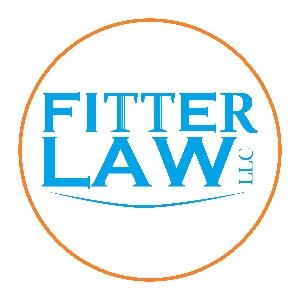Unlocking the Value of Your Property: A Comprehensive Guide to Understanding Encumbrances
Legal Definition of Encumbrance: Understanding the Impact on Property Value
As a business owner, it is crucial to have a comprehensive understanding of various legal terms that can affect your property’s value. One such term is encumbrance, which refers to any liability that diminishes the worth of a piece of property. Encumbrances can take various forms, including liens and mortgages, and it is essential to grasp their implications to make informed decisions regarding your property.
Examples of Encumbrances:
Let’s delve into a few examples to illustrate the concept of encumbrances:
1. Liens: A lien is a legal claim on a property that serves as collateral for a debt. Common types of liens include tax liens, mechanic’s liens, and judgment liens. When a lien is placed on your property, it can restrict your ability to sell or transfer ownership until the debt is resolved. This encumbrance can significantly impact the property’s value and your ability to leverage it for business purposes.
2. Mortgages: Another common form of encumbrance is a mortgage. When you obtain a mortgage to finance the purchase of a property, the lender places a lien on it until the loan is repaid. This encumbrance affects your property’s value as it limits your ownership rights until the mortgage is satisfied. It is crucial to consider the terms and conditions of a mortgage carefully to ensure it aligns with your business goals.
The Importance of Understanding Encumbrances:
Now that we have defined encumbrances and explored a few examples, let’s discuss why it is essential for business owners to have a solid understanding of this concept:
1. Property Valuation: Encumbrances can significantly impact the value of your property. When potential buyers or investors assess your property, they consider any existing encumbrances and their implications. By understanding encumbrances, you can accurately assess your property’s worth and make informed decisions regarding its sale or use as collateral.
2. Legal and Financial Implications: Ignoring or overlooking encumbrances can lead to legal and financial complications. Failing to address existing liens or mortgages can result in legal disputes or even foreclosure. By being aware of encumbrances, you can take proactive measures to resolve any issues and protect your business interests.
3. Negotiating Power: Knowledge of encumbrances can provide you with an advantage during negotiations. If you are aware of any encumbrances on a property you wish to purchase, you can use this information to negotiate a lower price or request the seller to address the encumbrances before finalizing the deal. This understanding empowers you to make strategic decisions that align with your business objectives.
As a business owner, understanding the legal definition of encumbrance and its impact on property value is crucial. By familiarizing yourself with different types of encumbrances, such as liens and mortgages, you can make informed decisions regarding your property. This knowledge allows you to accurately assess property value, navigate legal and financial implications, and negotiate effectively. Stay informed, protect your business interests, and ensure the optimal utilization of your property.
